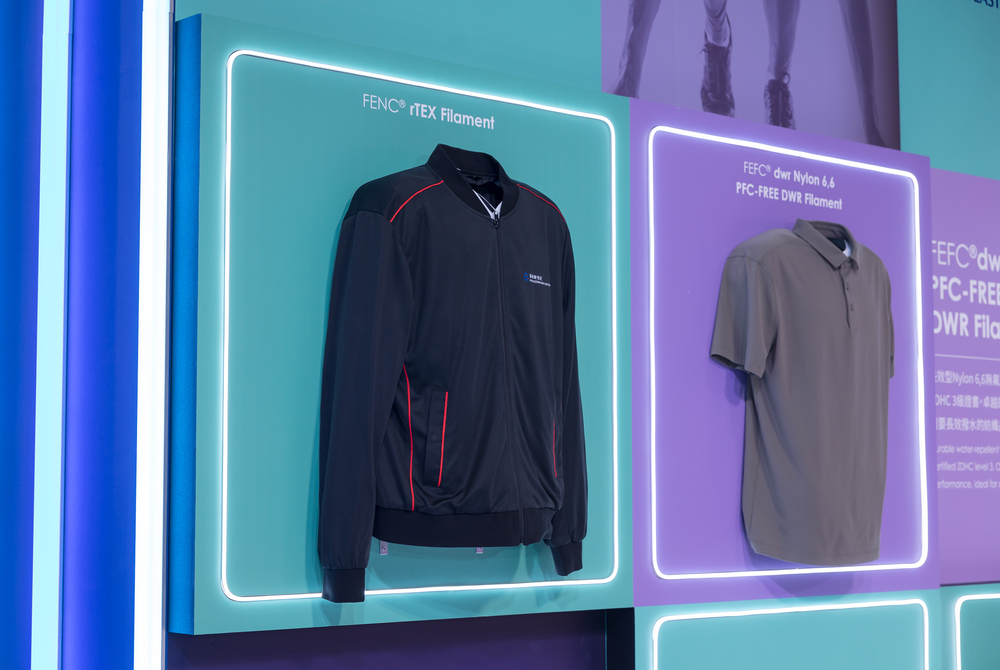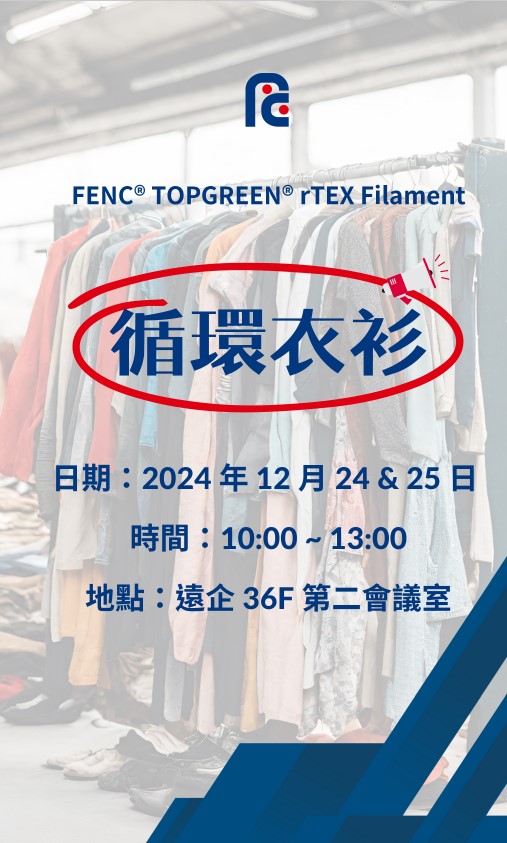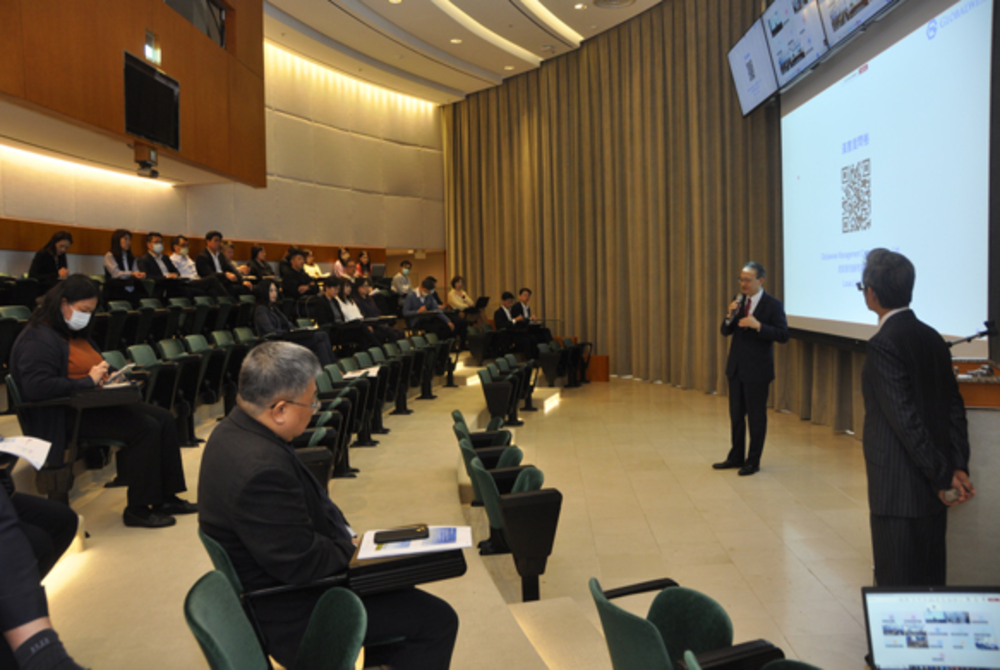Reducing Carbon Emissions in All Aspects in Life With the Carbon Reduction Passbook

FENC is committed to integrate carbon reduction and circularity into its operation and practices. In June 2024, the Company launched an energy and carbon reduction campaign at the Corporate Management, which motivated carbon-reducing actions with a competition and programs tailored for employees. The campaign also tapped into FENC’s strength in recycling technologies, leading employees’ to integrate environmental and sustainable practices into their lives. A total of 379 staff members took part in the campaign, and together, they reduced 120,754 kgCO2e of carbon emissions by the end of 2024, nearly twice as much as the annual carbon reduction target that was set for the year.
FENC also developed in-house applications to integrate commonly used functions and news announcements for employees. Among them, the Carbon Reduction Passbook and the application for meal box donation had been helpful assistants for facilitating a carbon-reducing lifestyle. The Carbon Reduction Passbook is where employees may check the carbon reduction targets and progress, which gave them a sense of accomplishment by working towards a common goal. The application quantified employees’ monthly carbon-reducing contribution from activities such as the use of public transportation, walking and running based on their monthly uploads. Each quarter, the two departments with the highest carbon reduction per capita were presented with the title, Carbon Reduction Role Model , and the 15 employees with the highest carbon reduction contribution were awarded as the Carbon Reduction Leaders . These incentives boosted employees’ willingness to participate.
The meal box donation program was established at the canteen. Employees could donate the meal boxes they had paid for to others through the application to reduce food waste while cutting the costs and carbon emissions derived out of food disposal. By the end of 2024, the program had kept a total of 996 meal boxes from going to waste.
Another environmental activity at FENC is the quarterly rTEX circular clothing program, through which employees are encouraged to bring used clothing containing more than 80% polyester to work for recycling. The clothes are then transformed by FENC into brand-new garments using its chemical textile recycling technology.
Additionally, gasoline-powered vehicles among FENC’s fleet had been replaced with electric vehicles. The downtime for office lighting has been increased and the air-conditioning has been set at a higher temperature. These are FENC’s efforts in building a workplace that reduces energy and carbon emissions.












